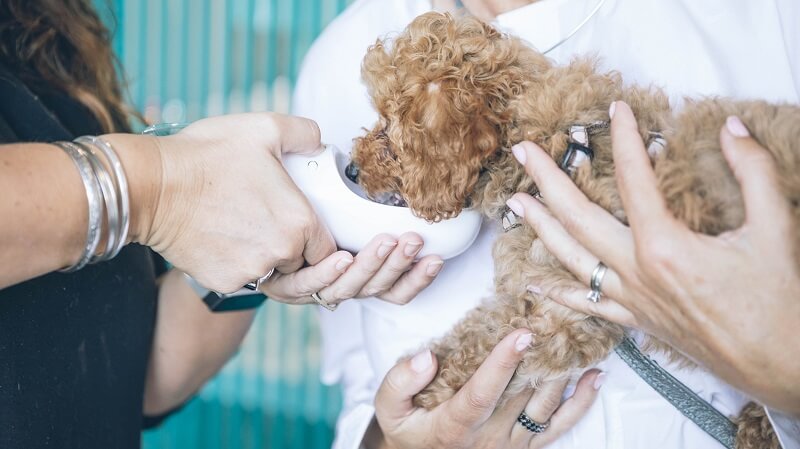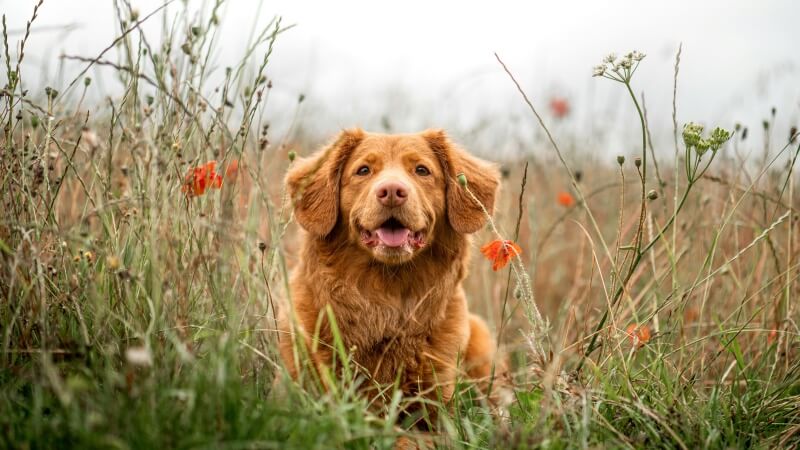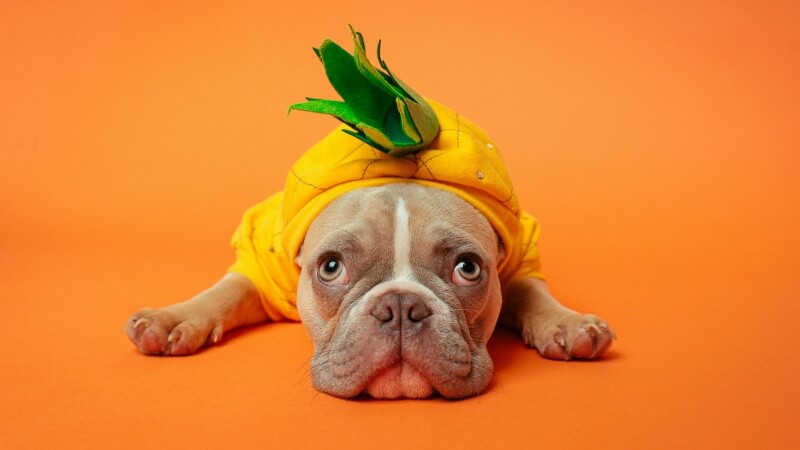
How To Craft A Cozy Cat Vest From Fabric Strips
Have you ever seen your feline friend lounging around and thought, “What could possibly make this picture more adorable?” The answer is simple: a cat

If you’re a novice puppy owner, our team of Richmond pet vet is here to provide you with expert guidance to ensure a smooth and successful inaugural visit to the veterinarian’s office.
Prepare yourself with a thorough checklist for your puppy’s first vet appointment.
Arrange your puppy’s inaugural vet visit shortly after welcoming them into your home. It’s best to do this within a few days of bringing your new furry companion home.
During this essential visit, your veterinarian will meticulously assess your puppy’s health and well-being.
Puppies typically require regular check-ups every 3-4 weeks, commencing at 6-8 weeks of age and continuing until they reach 4-5 months of age. These recurring appointments are vital for monitoring your puppy’s growth and development.
The first round of vaccinations usually kicks off at around 6-8 weeks of age to provide protection against common canine diseases.
However, if your puppy is older than 4-5 months, your veterinarian may administer vaccinations in two separate visits spaced 3-4 weeks apart. This tailored approach ensures your puppy receives the appropriate immunizations based on their individual requirements.
To make the most of your puppy’s first vet visit, it’s crucial to gather as much relevant information as possible beforehand. Be well-prepared to embark on this exciting journey of responsible pet ownership.
When you bring your puppy to our pet vet clinic for their first visit, our dedicated veterinary staff will guide you through a comprehensive examination and discussion of crucial aspects of puppy care.
Here’s what you can expect during this important appointment:
Inquiry about Your Puppy’s History and Home Life
Our veterinary team will begin by asking you a series of questions about your puppy’s background and how they are adapting to life in your home.
This information helps us tailor our care recommendations to meet your puppy’s specific needs.
Remember, when bringing your small puppy to the vet, it’s best to have a secure crate on hand for their comfort and safety.
The clinic environment can be overwhelming for them with new sights, sounds, and smells. It’s essential to use a leash or harness to ensure control if your pup becomes stressed during the visit.
During the examination, we will perform a meticulous physical assessment, which includes:
Throughout all your puppy’s veterinary visits, our team will engage in meaningful discussions about various essential aspects of puppy care, including:
Your pet vet is your trusted source for all the essential information you need to ensure your puppy’s well-being. It’s crucial to go over these critical areas.
If you have any uncertainties or require further details, don’t hesitate to seek clarification.
If you’ve recently welcomed a new puppy into your life, it’s perfectly natural to have a multitude of questions as you prepare for their inaugural veterinary visit.
Please don’t hesitate to reach out to our team of dedicated Richmond veterinarians with any queries or concerns pertaining to your initial appointment.


Have you ever seen your feline friend lounging around and thought, “What could possibly make this picture more adorable?” The answer is simple: a cat

The moment you consider a dog hunting vest for your adventurous companion, you’re stepping into a world where safety meets functionality. This vest is not

The concept of a dog cooling vest is a game-changer for pet owners looking to enhance their dog’s comfort during those relentless summer days. Imagine

When you first consider crafting a tactical dog vest, it’s not just about embarking on a fun DIY project; it’s about ensuring your furry companion’s

Have you ever seen your feline friend lounging around and thought, “What could possibly make this picture more adorable?” The answer is simple: a cat

The moment you consider a dog hunting vest for your adventurous companion, you’re stepping into a world where safety meets functionality. This vest is not

The concept of a dog cooling vest is a game-changer for pet owners looking to enhance their dog’s comfort during those relentless summer days. Imagine

When you first consider crafting a tactical dog vest, it’s not just about embarking on a fun DIY project; it’s about ensuring your furry companion’s
Secure and Empower, Walk Responsibly
Copyright © 2024pettacticalharness. All Rights Reserved.